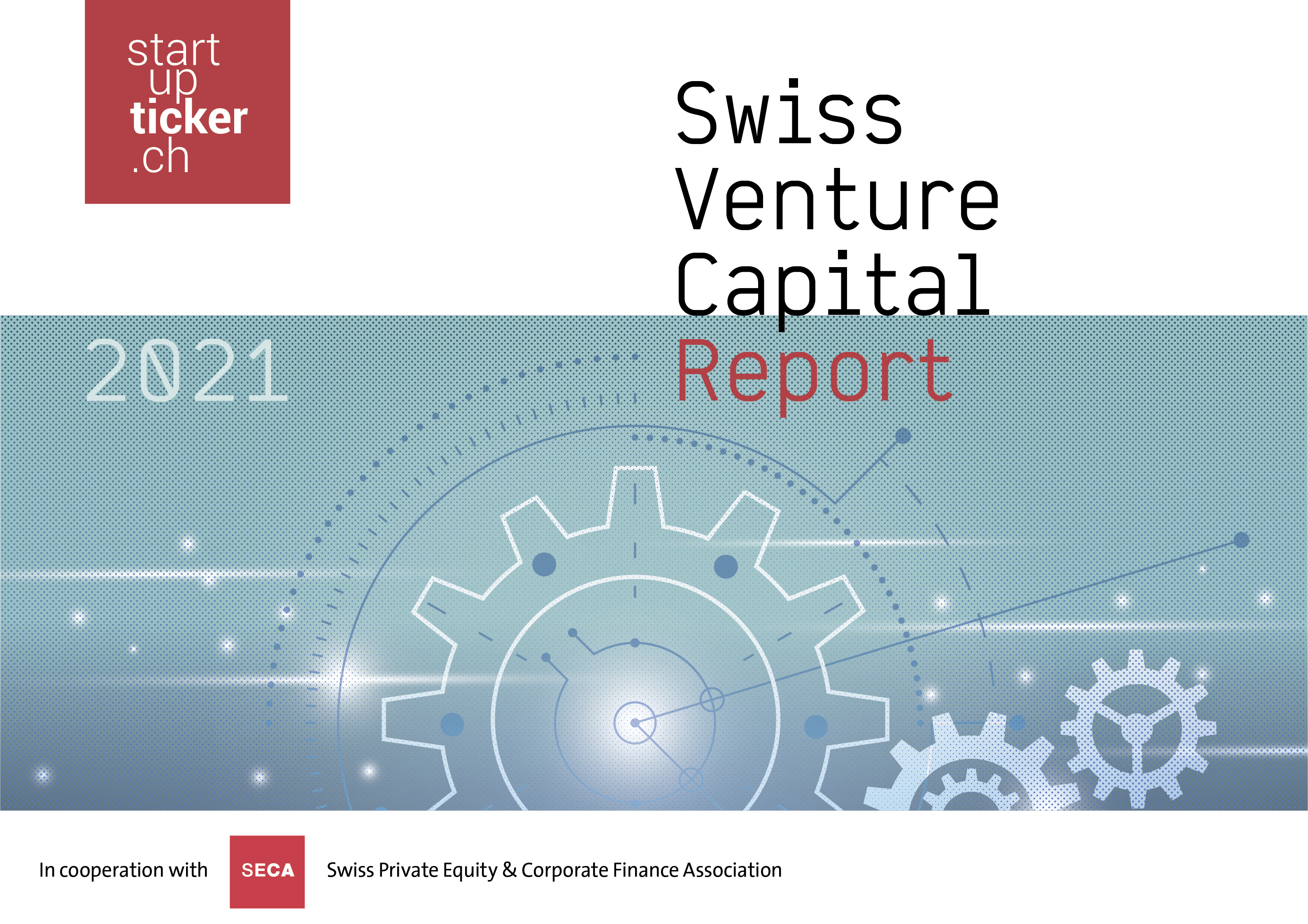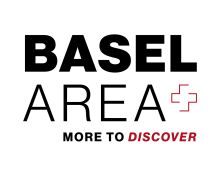
Lufthansa Industry Solutions (LHIND) had its AI Maintenance Assistant evaluated by TÜV SÜD and Calvin Risk as the first AI-supported maintenance application that already meets worldwide regulatory requirements, including key aspects of the EU AI Act. And Integrating the Correntics platform will allow Syngenta Crop Protection to bolster the resilience of its global supply chains against increasing climate change risks.
Recent market observations by the IT service and consulting company LHIND indicate that the EU AI Act is causing uncertainty across various industries. Even in technical fleet management, the use of Artificial Intelligence (AI) remains below its potential. To provide companies with high legal certainty, LHIND had its AI Maintenance Assistant evaluated by TÜV SÜD and Calvin Risk.
LHIND’s AI Maintenance Assistant has now successfully undergone evaluation by TÜV SÜD and Calvin Risk. TÜV SÜD contributed its self-developed AI quality framework, which consists of various standards and ISO standards for AI systems and specifications from the European Committee for Standardization (CEN). The operational software system for such digital reviews is the Evidence Management Tool (QLAIM), developed by the Swiss technology company Calvin Risk in collaboration with TÜV SÜD, working within the framework defined by TÜV SÜD.
“The AI quality framework from TÜV SÜD combines classic quality management approaches with specific regulatory requirements for AI and can be easily implemented through the compliance tool from Calvin Risk and TÜV SÜD. Additionally, the risk profile of the application case and measures for risk minimization are considered. This combination and systematic approach ensure high quality and legal certainty for AI applications today,” says LHIND expert Michael Koch, Director of Artificial Intelligence at LHIND.
LHIND is a Lufthansa subsidiary supporting its customers in the digital transformation of their companies. The customer base includes companies within the Lufthansa Group as well as over 300 companies from various industries. The company, headquartered in Norderstedt, Germany, employs over 2,500 people.
Syngenta leverages Correntics’ climate risk analytics platform
Using insights from Correntics’ data-driven AI-powered climate change risk analytics platform will allow Syngenta to identify operational vulnerabilities caused by the changing climate and define robust strategies to respond to climate risks and opportunities.
Proactive operational climate risk management enables Syngenta to make weather-informed decisions about their supply chains, ensuring reliable and sustainable delivery to growers. The Correntics platform’s AI and machine learning capabilities will help users increase the speed and accuracy of these decisions.
In addition to offering quantitative insights into long-term climate change impacts, the platform will provide Syngenta’s risk and resilience management teams with insights into seasonal climate risks. With the increasing intensity of short- and medium-term risks caused by phenomena such as El Niño, the platform’s precise risk assessments will support climate change reporting and operational decision-making.
The Correntics platform offers Syngenta a seamless interface to integrate high-value climate data, including climate extreme indices, real-time weather data, and natural hazard information into existing enterprise applications.
«As climate change intensifies, strengthening supply chain resilience has become imperative for business competitiveness. Responding well is not good enough; we have to anticipate and manage the risks that we face. Our partnership with Correntics provides us with state-of-the-art predictive tools that strengthen our supply chain against increasing climate risks. Their strong software platform and willingness to develop customized solutions have enhanced our capabilities,» says Eladio Robles, Global Supply Operations Head, at Syngenta Crop Protection.


 The new Swiss Venture Capital Report was published on 26 January. It analyses 304 financing rounds closed in 2020 and includes further article such as an interview with Michael Hengartner, President of the ETH Board, and a list of Swiss "soonicorns".
The new Swiss Venture Capital Report was published on 26 January. It analyses 304 financing rounds closed in 2020 and includes further article such as an interview with Michael Hengartner, President of the ETH Board, and a list of Swiss "soonicorns". 




















































Please login or sign up to comment.
Commenting guidelines